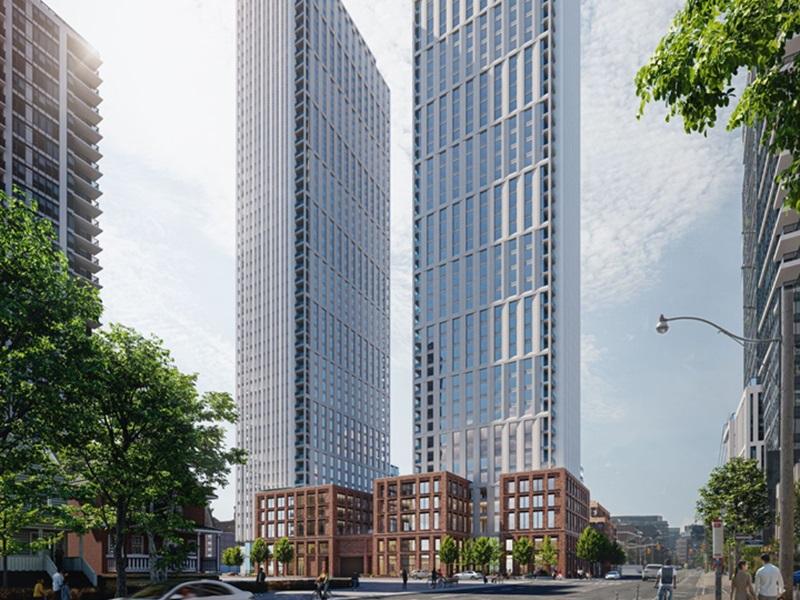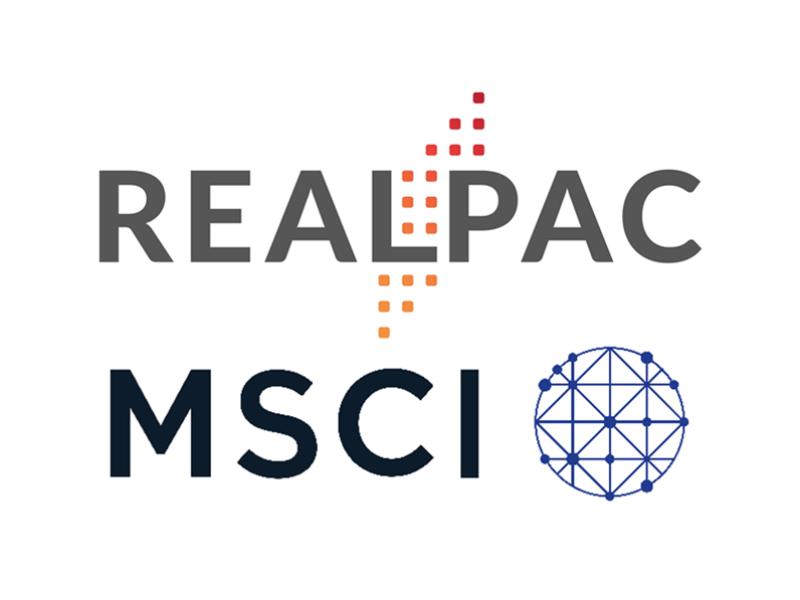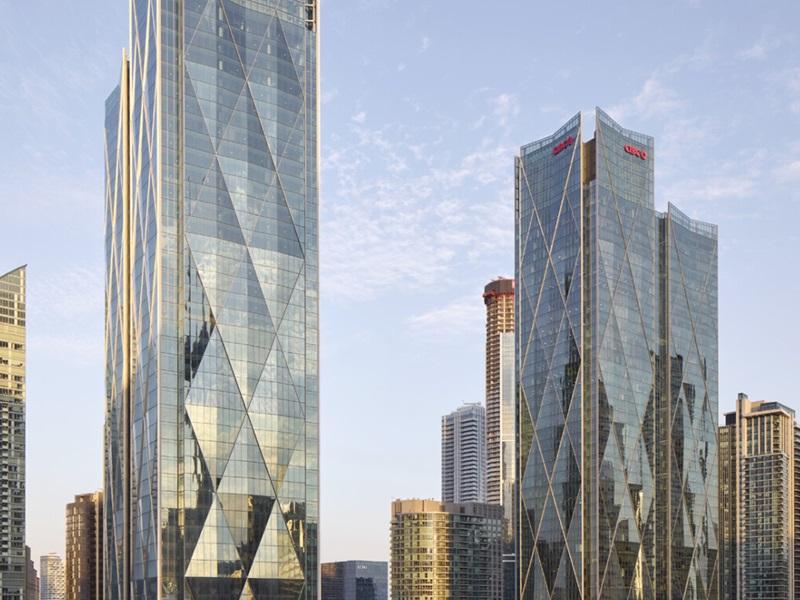I spend a lot of time at home with a favourite coffee mug these days.
It’s easy to get attached to little things, like a favourite mug. But, when it slips off the counter and smashes on the floor, there’s no point crying over it.
Just sweep up the mess, say “I’m gonna miss that mug,” and then go to the cupboard for a new one.
Now more than ever, you always have to be looking forward and avoid getting stuck in the past. What’s important are the lessons you learn along the way, so that you are prepared for what’s next.
What have we learned, five months into this pandemic?
Complacency is the enemy of us all:
Take Prince Edward Island. I am by no means suggesting Islanders themselves became complacent, but what has recently happened on P.E.I. demonstrates the need for continued diligence.
As reported by the Ottawa Citizen, P.E.I. went 67 days without a single reported new case of COVID-19. Then earlier this month, it reported a new outbreak, linked to a single foreign student who entered Canada from the U.S.
The need to remain diligent applies in particular to the workplace, as commercial tenants work with their landlords to resume operations and have staff on site with suitable safety measures in place.
Businesses must be adaptable:
I also like tea, but I don’t get my tea from DAVIDsTEA. It’s a personal choice of the palate and let’s leave it at that. DAVIDsTEA is a retail chain that was already in trouble before the pandemic started, but lockdown measures have proven to be the final straw.
On the other hand, my local independent tea shop instituted an easy-to-use app with home delivery that worked just fine for me during the worst of the lockdown.
I’m not sure how well they are doing, but their response to the pandemic as a small business was certainly a laudable one.
Mountain Equipment Co-op (MEC) is another iconic, or nearly iconic, Canadian brand that was also already struggling for various reasons, not the least of which was failure to adapt to e-commerce. The pandemic has only worsened its situation.
An “entrepreneurial mindset” has value for everyone:
Entrepreneurs are the sort to pick themselves up, dust off and try again.
A failure is only a failure if nothing is learned from the experience. You don’t have to be launching a startup for this mindset to be of value.
It’s made all the difference for business owners, particularly small ones, who had to adapt, fast, when lockdown measures forced their closure.
Fundamentals always matter:
Some commercial real estate investors have chosen to take a time out and step to the sidelines in recent months. But, judging by the continued deal flow reported by RENX and other news media, many have not.
The rational investor is going to look at the uses of a building, what kind of tenants it can bring in and decide accordingly.
As an anecdote, our leasing people have reported being very busy. We had one large restaurant space in Ottawa’s West End go dark and it already has a new tenant, planning to open in September.
WalMart is obviously taking stock and thinking long-term. It just announced a fifth distribution centre in the Greater Toronto Area as part of a $3.5-billion commitment to its Canadian operations over the next five years.
Human nature is predictable:
We are creatures who crave our conveniences, the comfort of the familiar and social interaction.
When our lives are disrupted, we find ways to adapt so that we can return to some sense of normalcy as quickly as possible. This, I think, accounts in no small part for what has generally been a faster-than-expected rebound in most housing markets across Canada.
Savvy businesses will take this into account to come up with innovative ways to operate as restrictions lift to give people what they want in a safe and responsible way.
Human nature is a wild card:
But, we are nothing if not contradictory.
How we fare from here and how quickly and how severely we may face a second wave, very much depends on how diligent we remain about social distancing and other infection prevention measures as restrictions ease.
It’s already been proven that too many people, without the benefit of an attentive nanny-state, too readily grow complacent, if not outright hostile.
Market fundamentals may always matter, but the disruptive nature of human nature can never be underestimated, either.
Work from home does actually work:
We’ve had the technological means for years, but most employers simply lacked the will to make it the norm.
The past few months have proven that it is a viable alternative. If it hadn’t been, we would be facing far worse job losses and declines in economic activity than have been the case.
There will be no going back to the way things were:
What does this mean long-term for that dedicated office space at the end of the morning commute? How we use commercial workspace will change.
This will have a ripple effect across architecture and design, HR policy and practice, and how the IT department will now be regarded in the boardroom.
Change remains the single constant of civilization:
The pandemic, in some quarters, has simply accelerated that change. As Microsoft CEO Satya Nadella recently said, “We’ve seen two years’ worth of digital transformation in two months.”
The impact, of course, extends far beyond the corporate IT department.
Where we go from here depends on how willing we are to embrace change.
To discuss this or any valuation topic in the context of your property, please contact me at jclark@regionalgroup.com. I am always interested in your feedback and suggestions for future articles.







